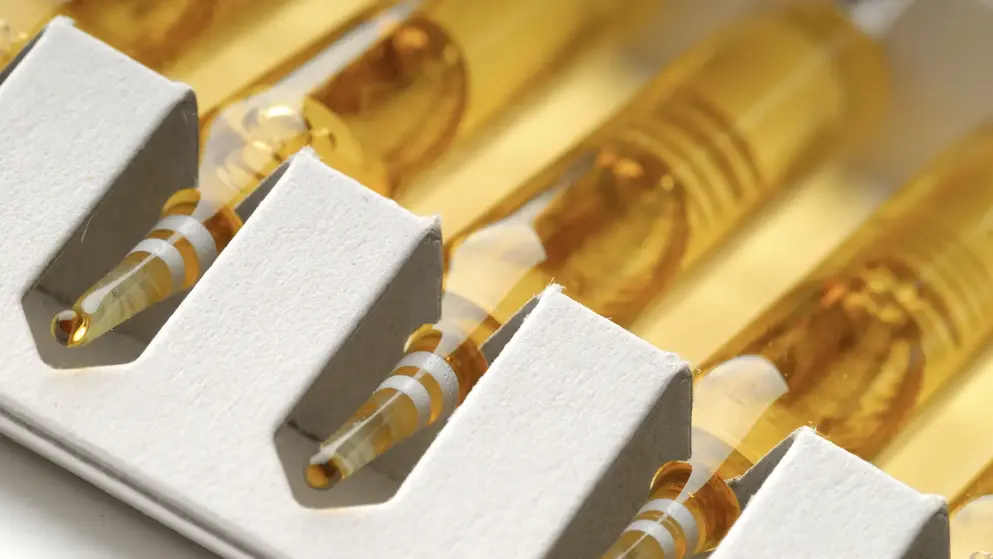
Positive results of SELECT-SUNRISE study for upadacitinib for treatment of rheumatoid arthritis. AbbVie.
AbbVie announced positive results from the ongoing Phase IIb/III SELECT-SUNRISE clinical trial showing that at 12 weeks, all doses of upadacitinib (7.5 mg, 15 mg and 30 mg, once-daily) met the study's primary endpoint of ACR20a versus placebo. Certain key efficacy endpoints were also achieved versus placebo.
The study, conducted in Japan, evaluates upadacitinib, an investigational oral JAK1-selective inhibitor, in adult Japanese patients with moderate to severe rheumatoid arthritis who are on a stable dose of conventional synthetic disease-modifying antirheumatic drugs (csDMARDs) and have had an inadequate response to csDMARDs. These data were presented during an oral presentation at the Japan College of Rheumatology (JCR) 2018 Annual Scientific Meeting in Tokyo on Saturday, April 28, 2018. Upadacitinib is not approved by regulatory authorities and its safety and efficacy have not been established. SELECT-SUNRISE is a local dose-ranging study in Japanese patients and is part of AbbVie's robust global upadacitinib SELECT clinical trial program, which is evaluating more than 4,000 patients with moderate to severe rheumatoid arthritis.
Results at week 12 showed that of patients receiving an oral once-daily dose of upadacitinib 7.5/15/30 mg, 76/84/80 percent achieved ACR20, respectively, compared to 43 percent of patients receiving placebo (p<0.001). as early as week one significantly more patients on upadacitinib achieved acr20 compared to placebo 31 25 34 percent in the 7.5 15 30 mg upadacitinib groups respectively compared to 8 percent in the placebo group p><0.01 0.05 0.01. additionally significantly more patients receiving upadacitinib also achieved acr50a and acr70a responses compared to placebo. among upadacitinib patients receiving the 7.5 15 30 mg doses acr50 was achieved by 41 65 58 percent respectively compared to 16 percent with placebo p><0.01 0.001 0.001 and acr70 was achieved by 20 35 28 percent respectively compared to 2 percent with placebo p><0.01 0.001 0.001. the study also showed that a significantly higher proportion of upadacitinib patients across all doses achieved low disease activity and clinical remission at week 12 compared to patients receiving placebo. low disease activity was achieved by 53 69 72 percent of upadacitinib patients in the 7.5 15 30 mg groups respectively compared to 18 percent in the placebo group p><0.001).1 clinical remission was achieved by 37 57 50 percent of upadacitinib patients in the 7.5 15 30 mg groups respectively compared to 6 percent in the placebo group p><0.001). patients receiving upadacitinib also had greater improvements in physical function as measured by the health assessment questionnaire-disability index haq-di and decreased severity of morning stiffness.>

